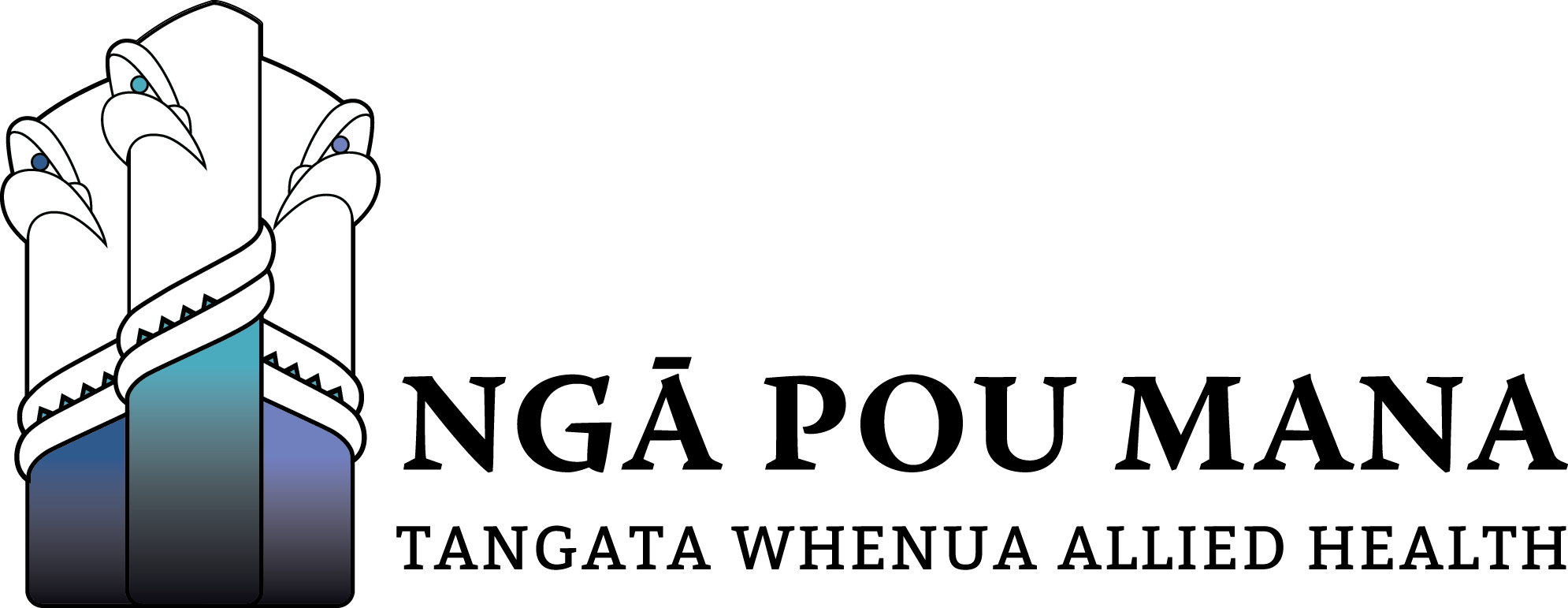'Long COVID' is a term to describe the persisting symptoms and impact of being exposed to and contracting COVID-19.
This blog will help you understand what long COVID is and offer advice on managing the symptoms and strategies to get you back on track to living life to the fullest.
What is long COVID?
Long COVID is defined by the NZ Ministry of Health as 'signs and symptoms that continue or develop after acute COVID-19 (4 weeks from the initial infection)'.
It has a diverse list of symptoms, which can persist for weeks, months, even years.
Though most people who contract COVID-19 will make a full recovery - it’s estimated that between 10-30% of people will develop long COVID.
While some international research is showing that as many as 75% of all people hospitalised with COVID-19 will develop it.
The symptoms
As many as 200 different symptoms have been identified as being part of long COVID.
The most common are:
- Fatigue
- Shortness of breath
- Cough
- Headaches
- Muscle aches, pains, or weakness
- Ongoing loss of smell and taste
- Difficulty concentrating, or ‘brain fog’
- Sleep disturbances
The severity of the symptoms can vary widely - some may be barely noticeable, while others may have a distinct impact on a person’s quality of life.
These symptoms might be persistent, temporary, or become latent and reappear in response to certain triggers, such as stress or physical or mental activity.
Managing long COVID, long term
In the early days of the pandemic, there was less knowledge and support for what we would come to recognise as long COVID.
Today there are many treatment options for managing the symptoms of long COVID.
Your local physiotherapists, occupational therapists and allied health professionals have the knowledge and skills to support your recovery.
- Providing guidance around return to work or sport, while managing your fatigue.
- Developing a personalised exercise programme to ensure you’re exercising safely, and not at risk of triggering your symptoms.
- We can help you manage symptoms such as shortness of breath or cough – and helping you with your breathing pattern after recovering from COVID.
- Provide you with well-researched advice around sleep hygiene and techniques to help combat the brain-fog which so often accompanies COVID-19.


